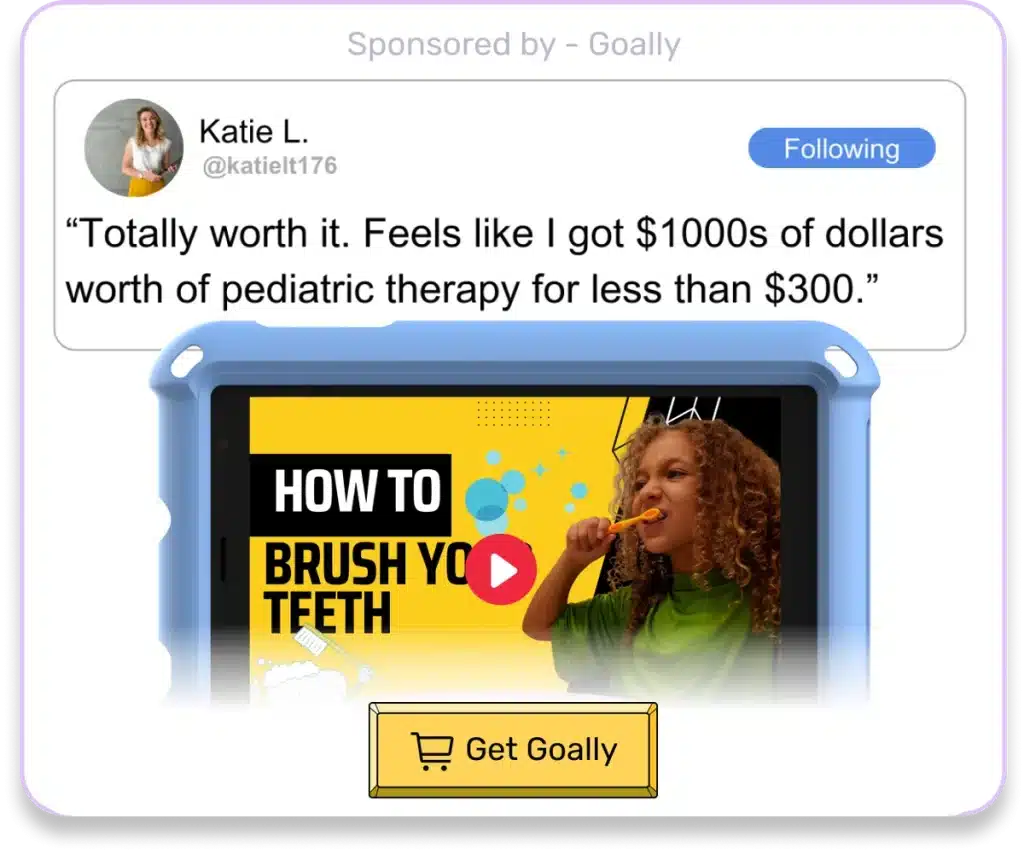Are you looking for creative ways to support your neurodivergent child’s growth and development? I’ve worked closely with children and have seen firsthand how transformative music therapy can be. Through our time together, I’ve discovered five outstanding music therapy benefits that resonate deeply with both neurodivergent and neurotypical kids. From improved communication skills to enhanced emotional regulation, these insights are incredibly valuable for fostering your child’s overall well-being.
1. Strengthening Communication Skills
One essential element of music therapy is its ability to nurture communication skills in kids with thinking and learning differences. This magical treatment works wonders in multiple ways:
- Improving speech clarity with rhythm
- Encouraging nonverbal expression using instruments
- Creating social connections with group activities
Music therapy offers a comfortable environment in which neurodivergent kids can safely express themselves and form relationships, all while having a great time!

Read more: What are the Benefits of Listening to Music With My Kid?
2. Enhancing Emotional Regulation
Does your child struggle with managing an emotional rollercoaster? Music therapy soothes their feelings and helps them regain balance:
- Identifying emotions through lyrics and melodies
- Teaching self-regulation techniques, like listening to calming tunes
- Fostering empathy and compassion via group interactions
For kids with special needs, handling emotions may be challenging. With music therapy, they gain a powerful ally in achieving emotional well-being.
3. Boosting Cognitive Skills
Did you know that music therapy enables children to exercise their mental muscles? This fantastic approach nurtures cognitive abilities in several ways:
- Enhancing attention span with structured activities
- Building memory skills via song lyrics and melodies
- Supporting decision-making by offering instrument choices
Without a doubt, music therapy benefits your child’s brain by engaging various cognitive domains and constructing connections through stimulating activities.
4. Promoting Physical Coordination
Surprisingly, music also plays a role in improving physical coordination. Let’s discover how music therapy boosts your child’s motor skills:
- Developing fine motor skills with hand-held instruments
- Encouraging gross motor skills via dancing and moving
- Refining balance and posture with rhythmic tapping
As a result, music therapy evolves into a harmonious dance partner supporting your young one’s physical development.

Read more: 5 Benefits of Playing a Musical Instrument | Parents Guide
5. Fostering Self-Expression and Creativity
Last, but not least, music therapy encourages self-expression and creativity for your budding virtuoso:
- Fostering creative ideas in song composition
- Inviting individuality with unique beats and melodies
- Empowering self-discovery during improvised sessions
Ultimately, music therapy gives your child a safe, expressive platform to unleash their creative potential, all while having a blast.
Goally | Skills Training Videos for Kids
Does your child need some extra guidance on building essential life skills? Goally’s TV app for kids has the most robust video library of skills training videos for kids. Ranging from content like “How to Brush Your Teeth” to “How to Make Friends at School,” we have dozens of interactive video lessons for kids with thinking and learning differences.
Dive into the Goal Mine channel, where Puffy the Penguin leads your child through behavior skills training videos. They’ll learn social, hygiene, and living skills that are key to their independence. For those moments when they need a break, the Chill Zone channel offers low stimulation video content with Paulie the Penguin at the beach, perfect for relaxation and self-regulation.
Thanks to its versatile nature, music therapy offers great benefits for kids with special needs. By enhancing communication, regulating emotions, augmenting cognitive skills, promoting physical coordination, and nurturing self-expression, your child’s growth and development become more harmonious with this powerful tool. Now it’s time for you and your family to start exploring these music therapy benefits and inspire your child to dance to the rhythm of success!
Helpful Resources
- American Music Therapy Association
- American Speech-Language-Hearing Association
- National Institute of Mental Health
FAQ’s About Music Therapy Benefits
What is music therapy?
Music therapy is a clinical and evidence-based use of music interventions to accomplish individualized goals within a therapeutic relationship.
How can music therapy benefit children with autism?
Music therapy can help children with autism improve social skills, communication, motor skills, and emotional regulation.
Can music therapy help with anxiety in children?
Yes, music therapy can reduce anxiety in children by promoting relaxation, self-expression, and emotional regulation.
What are some common techniques used in music therapy for kids?
Common techniques include singing, playing instruments, songwriting, and rhythmic exercises tailored to each child's needs and goals.
How often should a child participate in music therapy sessions?
The frequency of music therapy sessions varies based on individual needs, but typically ranges from once a week to several times a week.
This post was originally published on 05/26/2023. It was updated on 08/16/2024.
Emily is a seasoned blog writer for Goally, leveraging her extensive background in child psychology and special education to provide valuable insights and resources for parents. Her commitment to understanding and addressing the unique needs of these children, combined with her expertise in educational strategies, makes her a credible and empathetic voice for families.






